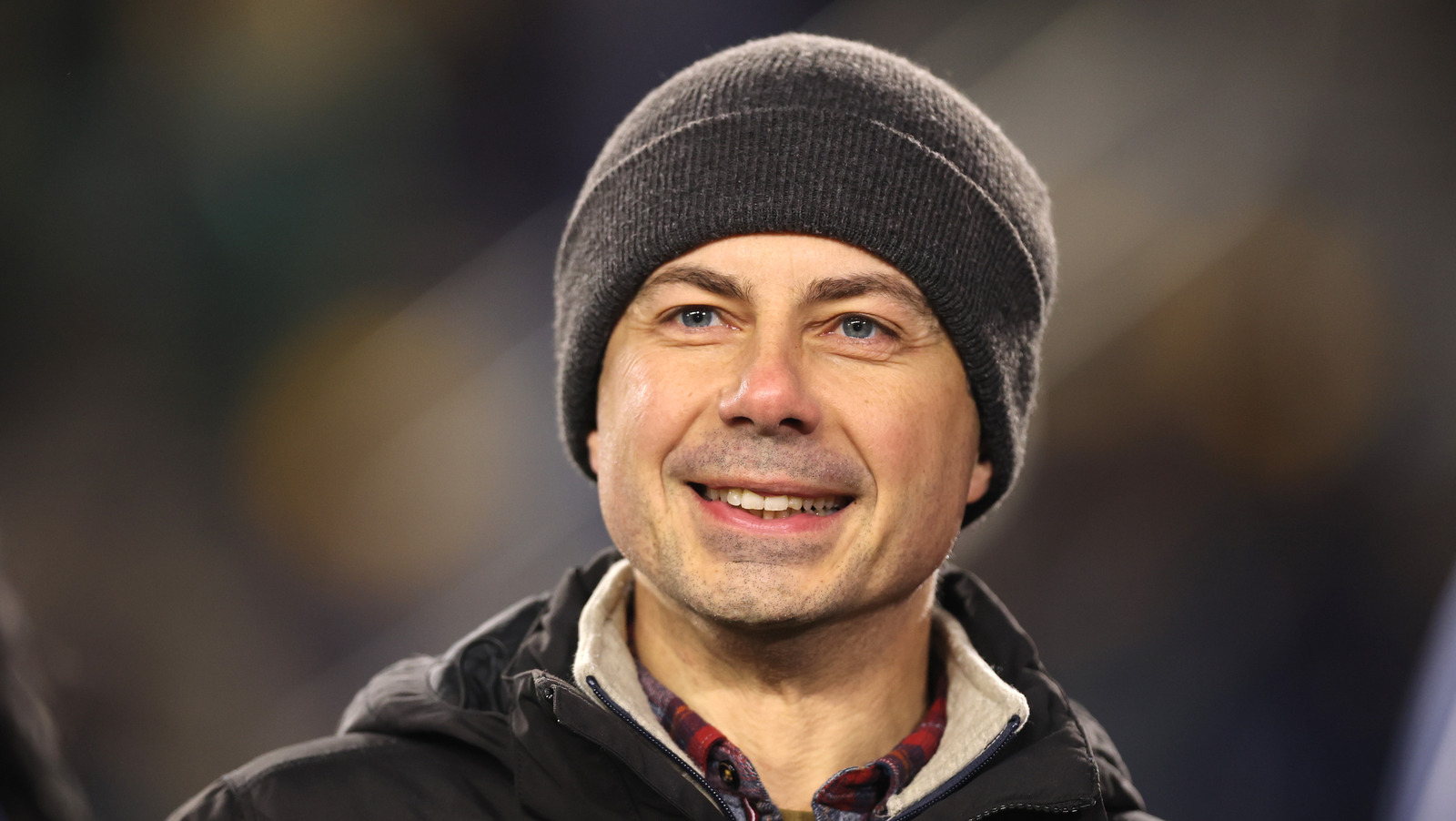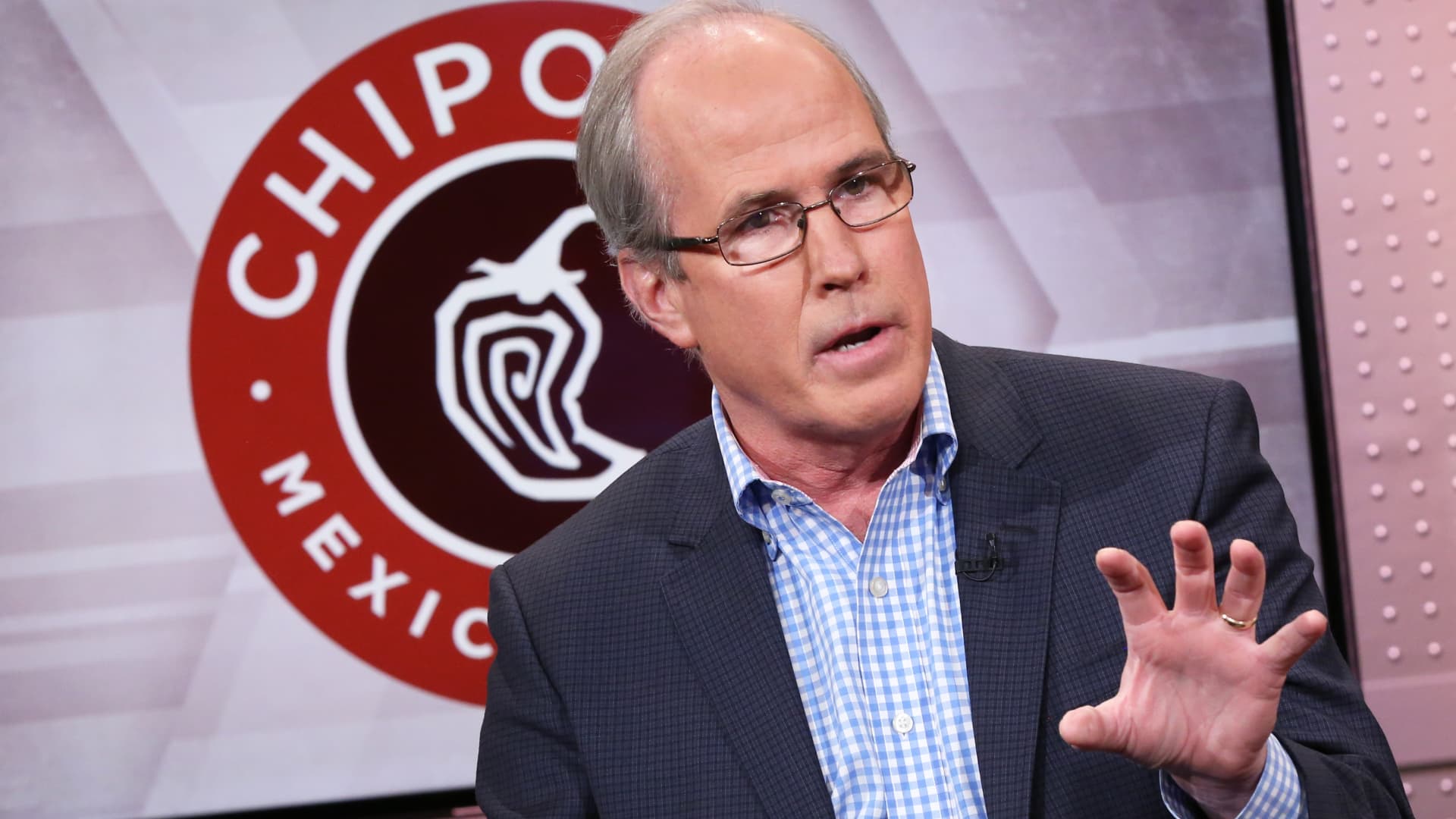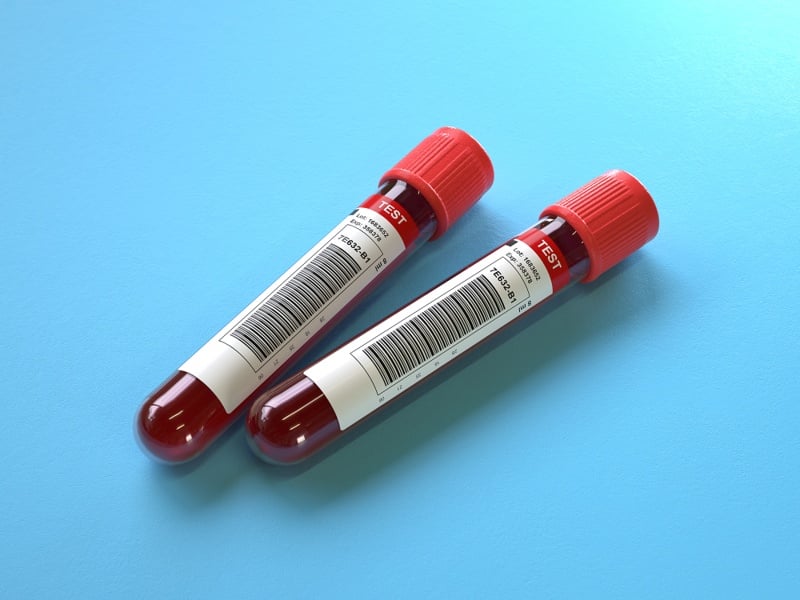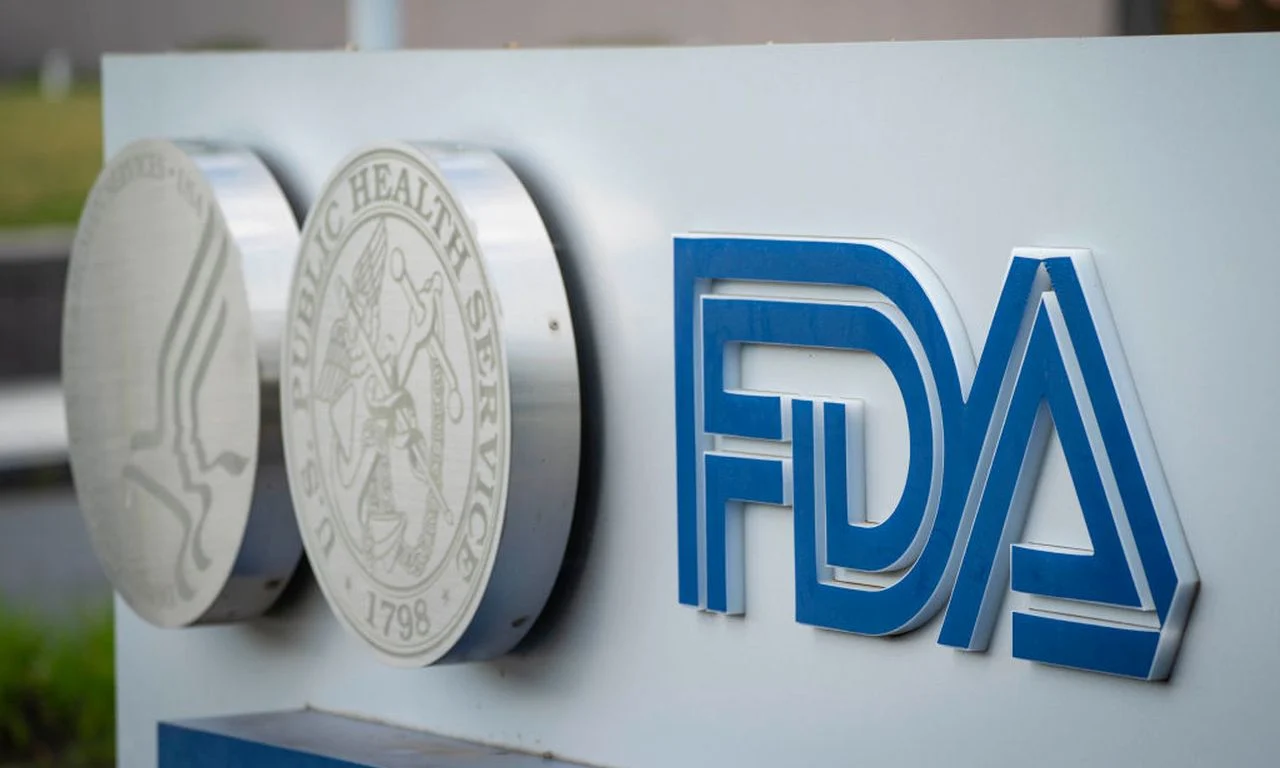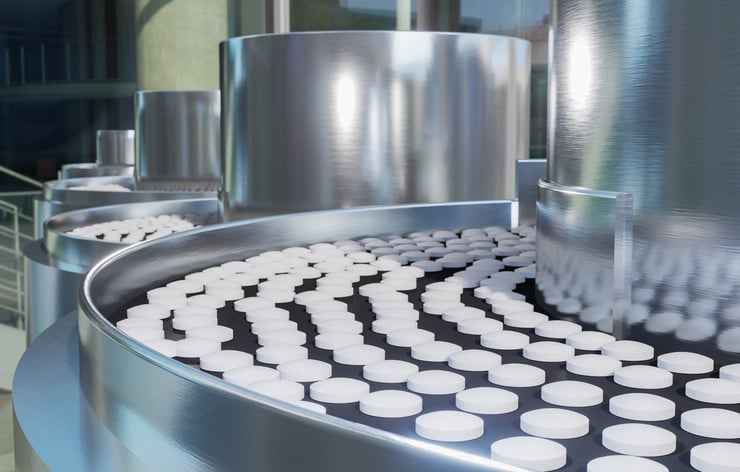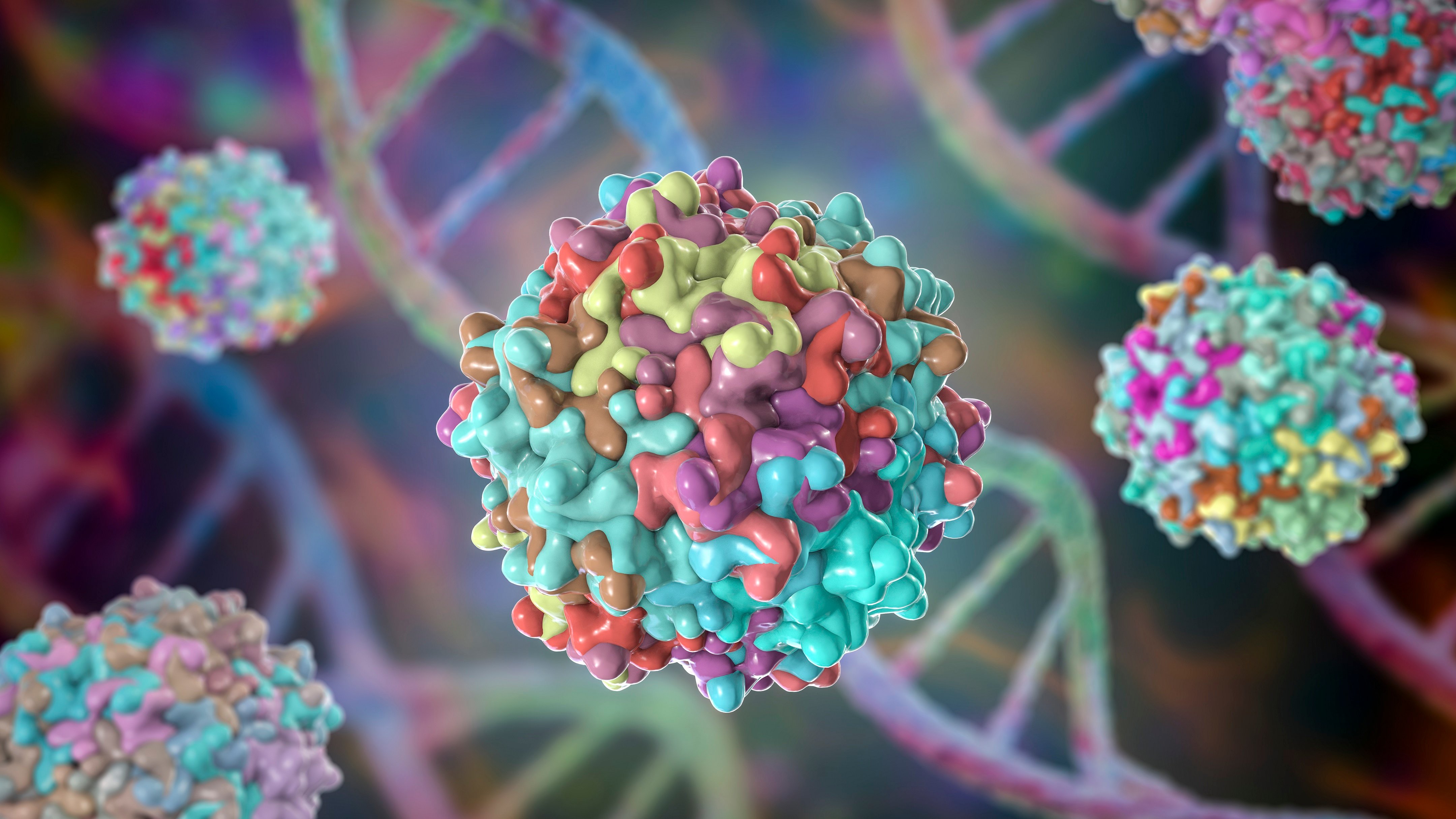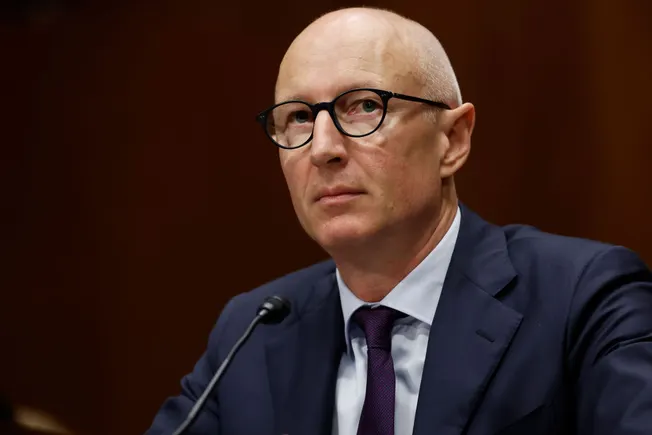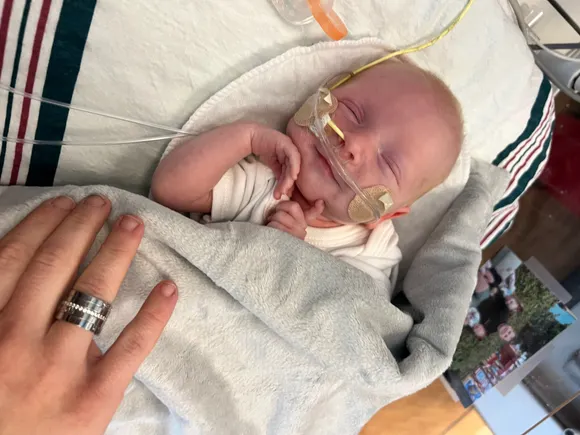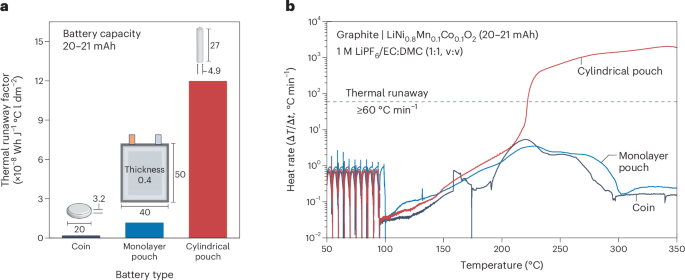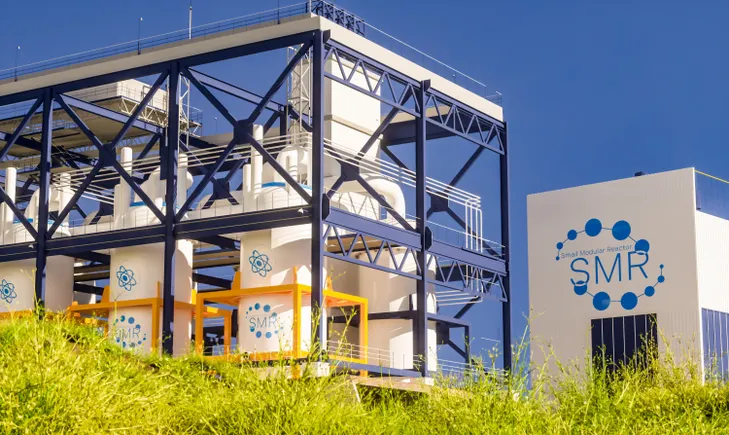STAT+: Pharmalittle: We’re reading about Novo Nordisk CEO stepping down, hospitals making drugs, and more
Novo Nordisk's CEO, who led its boom driven by obesity and diabetes medications only to see that success stall, is stepping down

And so, another working week will soon draw to a close. Not a moment too soon, yes? This is, you may recall, our treasured signal to daydream about weekend plans. Our agenda, for the most part, is rather modest. We plan to catch up on our reading, promenade with the official mascots, hang out at a porchfest, and hold still another listening party, where the rotation will likely include this, this, this, this and this. And what about you? This is a fine time to enjoy the great outdoors. You could stroll along the shore or enjoy city streets. Those of you with extra energy could manicure the grounds or dispose of the piles of unwanted items stuffed around the premises. You could relax with a nice book or plan a summer getaway. So many choices, yes? Well, whatever you do, have a grand time. But be safe. Enjoy, and see you soon. …
Lars Fruergaard Jørgensen, who led Novo Nordisk as it rode the boom of its obesity and diabetes medications to become one of the biggest players in the pharmaceutical industry, only to see that success stall in recent months, is stepping down as chief executive officer, STAT notes. Jørgensen, who has worked at Novo for more than 30 years and has led the company for the past eight years, will continue in the position for a period “to support a smooth transition to new leadership,” the company said in a statement. The search for the next chief executive officer is under way. In explaining the move, Novo noted that sales, profits, and share price have almost tripled during Jørgensen’s tenure, as it became the frontrunner in the race to market GLP-1 diabetes and obesity treatments. But the company acknowledged that the executive changeup is being “made in light of the recent market challenges Novo Nordisk has been facing,” specifically citing the collapse of its share price over the past year, a stretch when it has fallen by half.
The Trump administration wants to bring the production of more drugs, including medicines like antibiotics that may be in short supply, closer to the patient — including inside the hospital, Bloomberg News says. The partnership between some of the nation’s top health agencies and a handful of companies, including the Mark Cuban Cost Plus Drug Company, is intended to use artificial intelligence and other tools to make eight drugs in the places where people actually get medical care. The treatments include generic drugs such as levetiracetam, which treats epilepsy, the local anesthetic lidocaine, the chemotherapy carboplatin, albuterol sulfate for asthma, and the antibiotic linezolid. Hospitals have the capacity to produce therapies at the point of care, usually through a process called compounding, when commercially available drugs are not suitable. If successful, the new program, called Equip-A-Pharma, would bolster the U.S. drug manufacturing system and potentially mitigate drug shortages.











